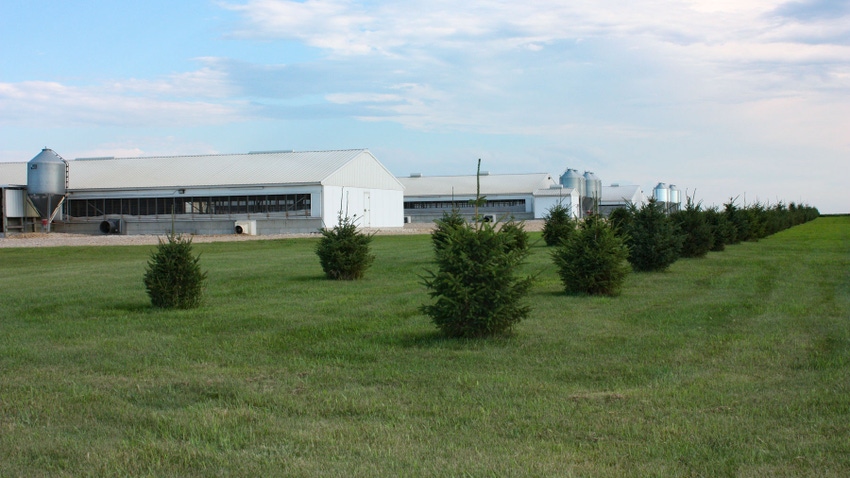
October is annually set aside as Pork Month: 31 days to celebrate all that is good about pork producers, hogs — and, of course, pork itself.
With all of the external pressures facing the U.S. swine industry these days, it can be difficult to find some positives. All producers have a story to tell, and with the advent of social media, they have been encouraged to tell their story. Tell the public what it’s like on a pig farm, and why you do what you do.
Not everyone is a public speaker, and it can be hard to know what needs to be told. How and what producers are to tell their story has changed over time. It can get confusing.
Share the science behind your farm. Then, in the next breath, producers are told the public doesn’t want to get bogged down by science.
Then we’re told to hold onto words from President Teddy Roosevelt: “No one cares how much you know until they know how much you care.”
There may be a lot of truth to that.
The Pork Checkoff launched We Care Ethical Principles in 2008 as a way to promote responsibility across every aspect of pork production.
While producers can tell the public how much they care about the environment, that can be empty talk if it can’t be backed up.
Back up with data
That’s where the checkoff-funded Pork Cares Farm Impact Report comes in. Producers are encouraged to participate by measuring and documenting the environmental improvements they are making on their farm.
While producers shouldn’t bog down the public with facts and figures, it is good to have those within reach should you enter a discussion where the other party wants to know just how much you do care. It has often been said that consumers want to know how their food is being raised, and now producers will be able to paint a clear picture of just how the production of that pork chop, loin or bacon has impacted the environment.
In addition to the findings of these reports giving producers talking points to be shared with financial institutions, packers and community members, this data also gives producers a starting point.
You can think that you are doing things the right way, but until you undergo such an exercise, you may not truly know where you stand. The farm impact reports are a partnership between the National Pork Board and Sustainable Environmental Consultants (SEC).
Producers get the ball rolling by requesting a report, after which they will have an introductory call with an SEC representative. An SEC agronomist will then assist producers in collecting on-farm data to begin the report. Once all data are collected and submitted, SEC will issue a report to the producer. Producers will receive a complete rundown of their farm’s metrics that will help tell their farm’s sustainability story.
Such reports will tell and show producers how their farm fares from a sustainability standpoint. Reports will also point out areas needing improvement, if indeed there are sustainable shortfalls.
Every farmer can always improve their operation, but they can never truly know how they’re doing until taking a litmus test such as the Pork Cares Farm Impact Report. This will help them know how their farm stands up sustainably, but it will also arm them with data to show and tell the inquiring public how their pork is being raised.
Schulz, editor of The Farmer, grew up on the family hog farm in southern Minnesota, before a career in ag journalism, including National Hog Farmer.
About the Author(s)
You May Also Like






